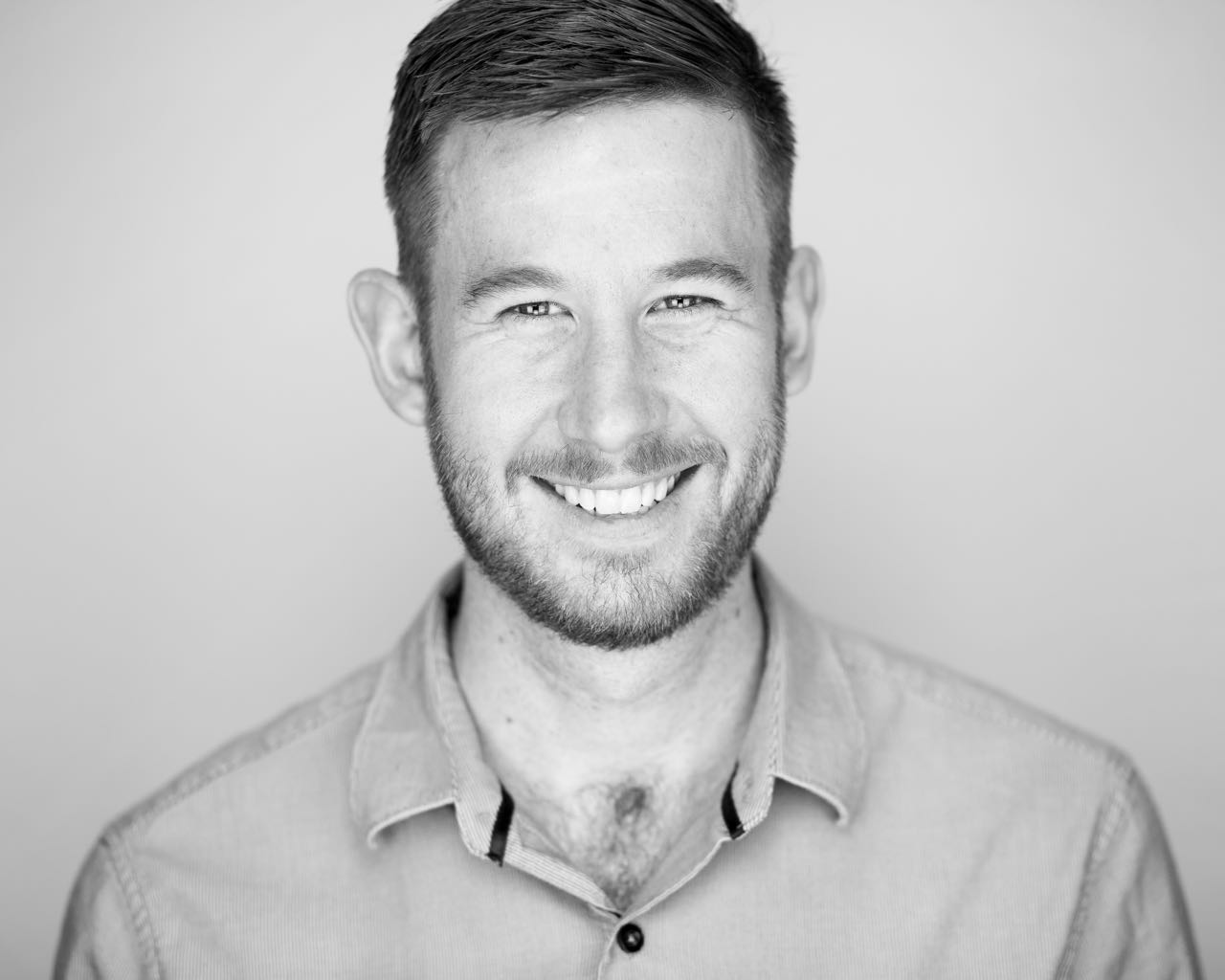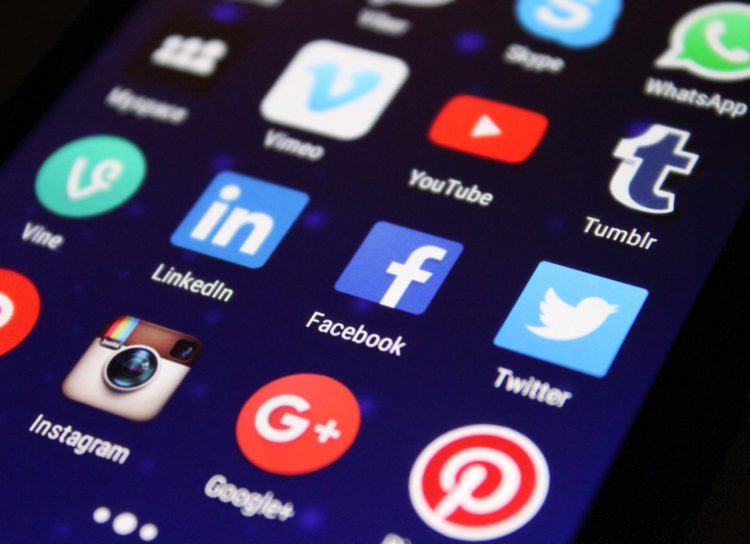Many of you have seen the challenge board in the reception area of The Wellness Group – every month we post a new healthy habit for you – either adding or subtracting something from your regular health routine.
But this new year, Dr. Gibson upped the ante on me. In addition to my other first quarter goals and objectives, he laid down a new gauntlet…
We sat opposite each other in the consult room at the office, just about to wrap up on our quarterly meeting… With a subtle smirk I’d seen before, usually while debating with his 5 year old on the benefits of going to bed, he uttered the following challenge:
“I think you would really benefit from giving up your social media for the quarter”.
My face must have betrayed the wave of anxiety that washed over me. He held his hands up defensively, as if I had pointed a weapon at him.
“Hey, it’s totally up to you, I just think it would be good for you”.
Over the next week I thought about it and decided that whether he was right or wrong about the benefit, I’d give it a go – what’s the worst that could happen?
Full disclosure, I didn’t last the full 12 weeks, I got to about 6 weeks and started to crack…
But I did want to share with you all three important things that I learned from the experiment:
1. 99.9% of the notifications you get are probably neither interesting, relevant, nor important in any way.
I never realized how many useless buy/sell groups I was subscribed to until I let all those notifications pile up at once.
A lot of the addictive properties of social media begin as FOMO – fear of missing out. But believe me, you’re probably not missing anything.
2. You steal time back.
Ever arrive at a train station only to watch your train pulling out of the station? Or just 5 minutes too late for late night El Caminos?
Well I have…
The point of this is NOT about the merits of being on time for public transport, rather minutes spent across the day add up, and sometimes can have consequences.
On average, people with smartphones check them about 150 times per day (literally) – that’s about every few minutes if it’s calculated over a 12 hour period. And a lot of those times are going to be FB/Insta/Twitter/SM related.
Add up all the ‘quick insta scrolls’ across the course of the day and I bet you’ll be surprised at how much time you actually lose on social media.
3. You care way less about dumb stuff.
When you’re constantly on social, it is way way easier to get worked up about trolling and comment wars that go on in forums and Facebook groups.
Since this is where most of my notifications come from in the first place, not having my attention constantly drawn away from important tasks to be a passive, frustrated spectator of the latest debate amongst outraged members of some Kanata community Facebook group was definitely a win, not just for my productivity’s sake, but for my soul.
The available research on social media’s effects on the brain is actually pretty damning.
Several studies looking at use of Facebook in particular, have suggested that Facebook use may increase anxiety, feelings of inadequacy and depression. A 2017 study even showed that increased user activity led to substantial decrease in self-rated mental health – i.e. the more you like, click on links and update you status, the worse you feel about yourself.
Studies have also shown that social media changes how you think about the world too.
Studies using fMRI have shown that subjects are more likely to like, and place greater importance on articles, links, photos and posts that have more ‘likes’ or re-tweets.
Study subjects were shown two identical pictures, one with 50 ‘likes’, the other with only 5; when shown the picture with 50 ‘likes’, pleasure and reward centers in the brain were stimulated far more strongly than it’s ‘less popular’ counter-part. This was especially true if subjects recognized a photo as theirs, or one taken by a friend.
Maybe 6 or 12 weeks is too much of a commitment for you, but I would encourage anyone to get rid of Facebook, Twitter and Instagram for even 72 hours and see what kind of effect this experiment has on your mental state.
It certainly had a big impact on me.
 Dr. David Hawkes is a wellness expert and martial arts enthusiast. Born and raised in Perth, Western Australia, Dr Hawkes’ passion for health and wellness has led him here to Kanata, literally halfway around the world. After graduating from Murdoch University, Dr. Hawkes ran a successful practice in Perth’s western suburbs before moving to Ottawa. Dr. Hawkes has a special interest in family wellness, as well as Peak Performance. He is passionate about helping individuals and families lead their extraordinary lives.
Dr. David Hawkes is a wellness expert and martial arts enthusiast. Born and raised in Perth, Western Australia, Dr Hawkes’ passion for health and wellness has led him here to Kanata, literally halfway around the world. After graduating from Murdoch University, Dr. Hawkes ran a successful practice in Perth’s western suburbs before moving to Ottawa. Dr. Hawkes has a special interest in family wellness, as well as Peak Performance. He is passionate about helping individuals and families lead their extraordinary lives.
